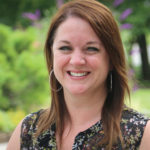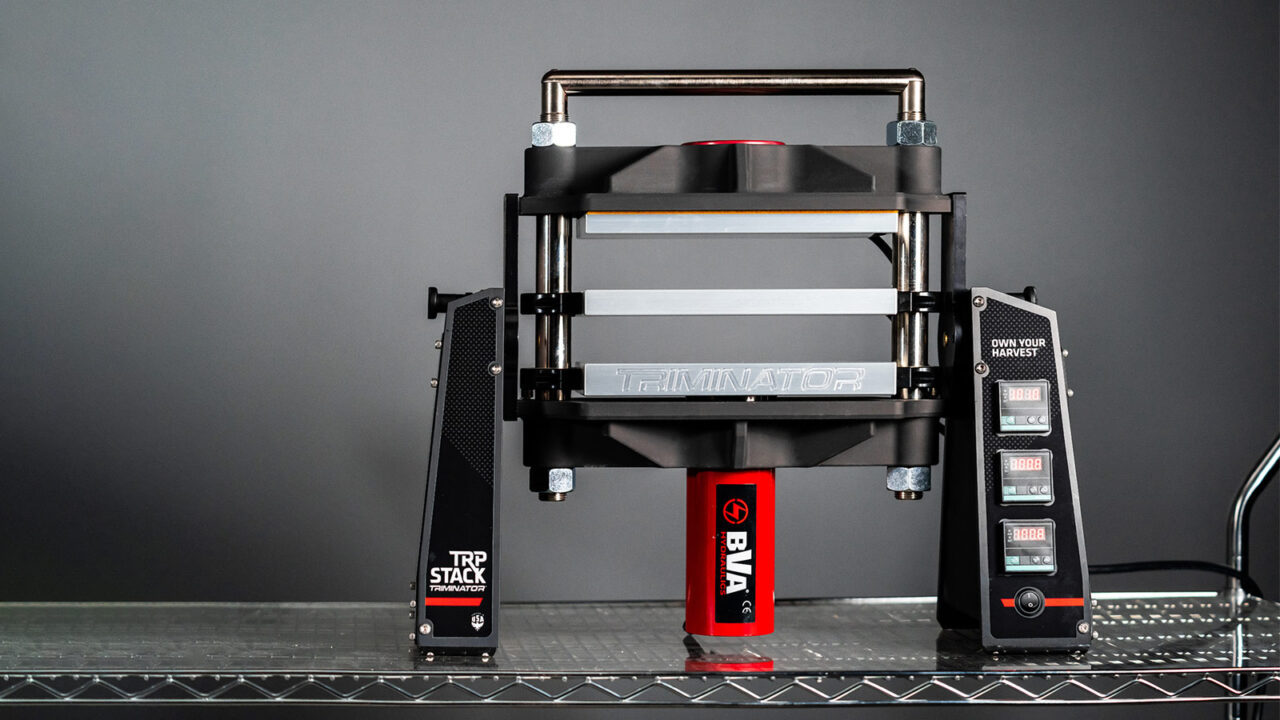Cultivating New Breeders
The science of plant breeding – especially breeding for the business world – is a dying art, and demands are high throughout the commercial agriculture industry for these highly skilled scientists. When one major seed company approached researchers at the University of California, Davis, about the lack of plant breeders who are sufficiently trained for variety production in a commercial setting, they decided to investigate further. After canvassing a number of seed breeding companies large and small from sectors across the agriculture industry, Allen Van Deynze and Kent Bradford at UC Davis confirmed that there was a great need for plant breeders and, with support from the university, began to collaborate with the industry to fix the problem.
“There are not enough students going into plant breeding from academia and part of that is because there aren’t many breeders left in academia,” says Van Deynze. “It is due to a lack in both interest and funding, but people are now realizing that it is really important. Seed companies are also telling us that the breeders coming out of academia right now are not trained for private breeding. Whereas the focus of an academic breeding program is oriented toward research and publication, the opposite is true in the private sector, where producing varieties efficiently that are better than your competitors’ is the focus.”
Thus was born the Plant Breeding Academy, a self-contained structure funded by student tuition and modeled after a professional MBA program. Designed for professionals already employed within seed companies, the goal is to train breeders who are equipped to develop commercial varieties. Seed companies identify employees as potential candidates for this on-the-job training.
“The Academy is designed for professional people and it will allow them to advance within their companies from breeding support to actual breeders,” says Van Deynze. “Companies are not willing to send people off their jobs for two to five years for a Masters degree or PhD with probably less than 50 percent chance that they’ll come back to that company. But they’re willing to support on-the-job training, like we have created at the Academy.”
Best And Brightest
The Academy started its inaugural class in September 2006 with 15 students, pared down from 50 who applied. One of the goals, says Van Deynze, was to make the Academy very interactive and dynamic, with scheduled field trips, labs, lectures and discussions, so student numbers were limited. Each class of students will be required to attend six full weeks of class over two years, which breaks down to three six-day classes each year. Curricula is intersessional, so students can’t skip weeks, and they are assigned homework between weeks. A final comprehensive project brings the program full circle, and upon completion of the course work, students receive a UC Davis-accredited certificate that ranks somewhere between a masters’ degree and PhD, Van Deynze says.
“It will depend on the institution what level these courses will be recognized for a specific degree, but certainly at UC Davis, students would be given credits for completing the material,” he says. “It is a course at UC Davis, so the students will receive transcripts.”
Courses are taught by Dr. Larry Teuber and Dr. Doug Shaw, both from UC Davis, and Dr. Todd Wehner from North Carolina State University, each well-respected plant breeders within academia. In addition, the Academy brings in speakers from the industry and academia each week on specific topics to offer different points of view and keep things interesting.
Van Deynze says thanks to strong support from the University of California, Davis, the researchers were able to contribute to the Academy. But developing the curriculum for this courseload is extremely different from writing a syllabus for Plant Breeding 101, Van Deynze says.
“We had strong buy-in from our Dean and from the chair of the Department of Plant Sciences at UC Davis and it wouldn’t have happened otherwise, because they had to approve the professors’ time to do this,” Van Deynze says. “The three professors are very dedicated–we essentially took everything we knew about plant breeding and rewrote the curricula into a very integrated application.”
Van Deynze and Bradford, the two main organizers who conceived the Plant Breeding Academy, work together with the professors on curricula. Catherine Glaeser, the Academy’s program representative, is a very strong contributor, as well, working to organize the Academy’s events, speakers and students.
Educating Breeders Worldwide
While there aren’t currently any students in the Academy representing the floriculture sector, that doesn’t mean there can’t be in the future, Van Deynze says. Plant breeding as a science includes the same principles across all crops, he says, and there are students in the Academy from the sugar beet, strawberry, tomato, corn and rice sectors of agriculture, among others.
“We try to use as many different crops as we can,” says Van Deynze. “The theory and basics of breeding and genetics are very similar – the idea is to come out of this course and be able to apply them to any crop, whether it’s ornamental trees, pineapples or corn.”
Van Deynze says he would not be surprised if other academic institutions began offering different versions of the Plant Breeding Academy, because of the great need for plant breeders worldwide.
“We have already had several institutions ask us about it in different parts of the world,” he says. “There was interest, for example, from colleagues from Korea in starting an academy there. We could see one in South America and another in Europe to capture audiences in different parts of the world. There is always room for more and maybe from different angles.”










